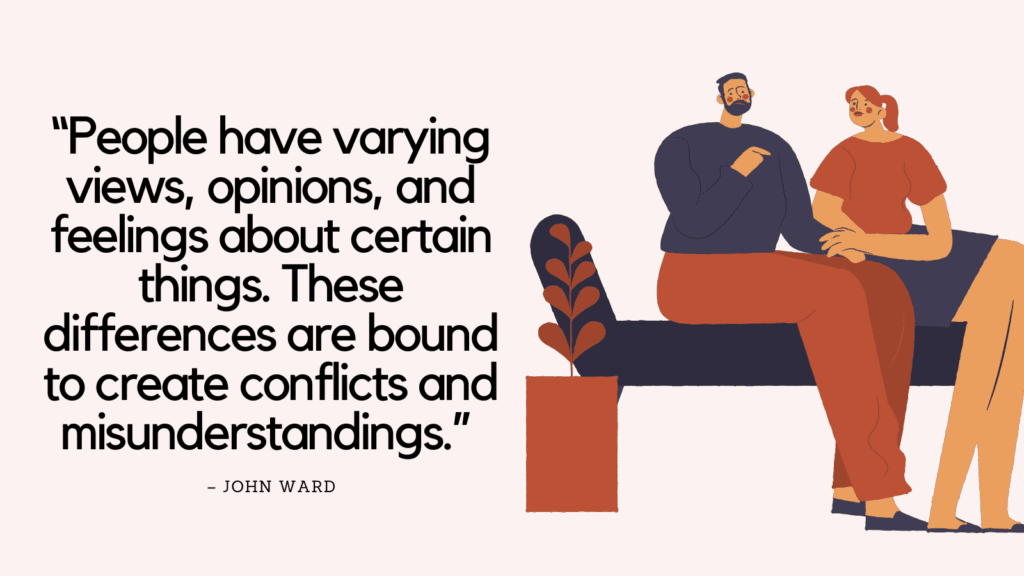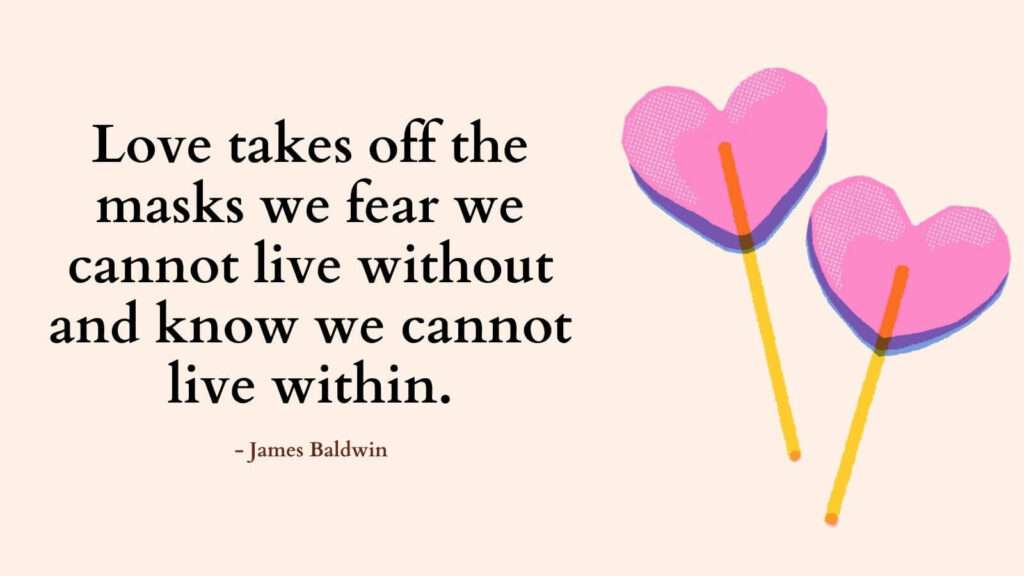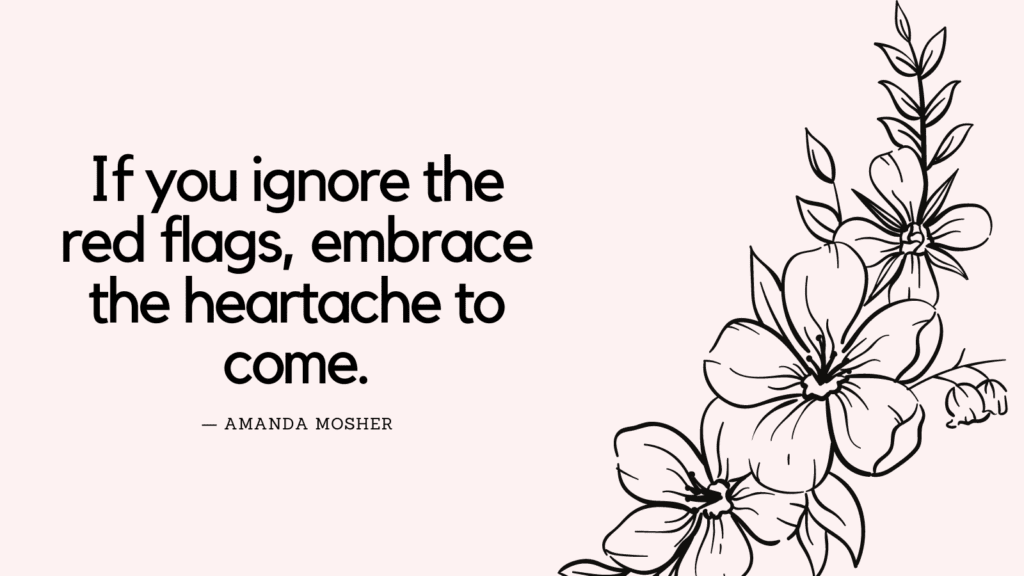This post contains some of the best quotes about conflict in relationships.
Quotes About Conflict In Relationships
1. “If the career woman meets a man who wants to build a family soon, they will surely have conflicting needs. The man can say the woman is not mature enough for him. And the woman can say the same thing about him, too. But the truth is, their maturities are at different places.” – John Ward
2. “Relationships are not only about the good times and the fun we have with other people: sometimes they can be ridden with conflict because we are different individuals.” – John Ward
Related: How To Validate Someone’s Feelings Without Agreeing? (+Examples of Validating Statements)
3. “The source of the conflict will reveal other issues you probably thought didn’t matter but contributes to the overall issues. The cause of the problem will also help you avoid such situations in the future, so you must take this first step.” – John Ward
4. “There is no need for you to lose your kindness if you are unable to convince others of your ideals. This just means that there is no possible way for you and this other person to accommodate each of your own set of standards in this circumstance.” – John Ward
5. “Unfortunately, if you do not consider the other person’s side, there is a good chance that your resolution is incomplete and another conflict will arise eventually.” – John Ward
6. “What we must win at is being able to resolve our conflicts with others. That we are able to meet the needs of one another through effective and respectful discussions.” – John Ward
7. “When conflict is confronted in an unhealthy manner, this will lead to disappointment and uncertainty. It can cause resentments, irreparable relationships, and distance.” – John Ward
Related: Top 25 Relationship Journal Prompts (+FREE Worksheets PDF)
8. “When conflicts arise, a person’s need to feel safe, valued, and respected and his need for closeness and intimacy are perceived to be threatened. If such concerns are not addressed, it can result in arguments, distance, and breakups in personal relationships.” – John Ward
9. “When in conflict, we suffer from auditory exclusion and ocular inclusion. This is neuroscience’s fancy way of saying we stop hearing and stop seeing. Even if the other side shouts louder, threatens more aggressively, bribes, or withdraws, the conflict doesn’t resolve. It may get buried for a while, but it remains active.” – Hesha Abrams
10. “When you are compassionate, you accompany that person throughout his difficulties by responding based on the emotions and thoughts that are brought about by his situation. In conflict resolution, this means that you recognize that this person’s needs are also on the line and his participation is based on an effort to try and balance his needs with yours.” – John Ward
11. “When you’re in conflict with others, hear what they say and then sit with it in silence. If they pester you or demand an answer, reply, “I’m thinking about what you said.” Then allow the silence to sit there for a moment. It takes the wind out of their sails.” – Hesha Abrams
12. “With excellent social skills, you can also resolve conflict, actively participate in discussions with other people, and remain aware of what’s happening with everyone around you. ” – John Ward
13. “People in conflicts don’t have just the pain of the conflict but also pain in their marriages, pain with parents or children, pain about being alone, pain about being unfulfilled, or pain about their future. Everyone is dealing with something.” – Hesha Abrams
14. “If your childhood household was in constant turmoil with adults fighting, shouting, and using harsh words and actions, then you may hate conflict, but it will feel familiar to you.” – Hesha Abrams
Related: How To Become A Stronger Empath? Top 20 Actionable Empathy Exercises to Become More Empathetic
15. ““Conflict is inevitable, but combat is optional.” –Max Lucado
16. “In conflict, people will fight over everything. Not all issues have equal weight or importance.” – Hesha Abrams
17. “A life without conflict is not possible. A life where you know how to handle conflict is now available to you.” – Hesha Abrams
18. “Many people dislike talking about affection, anger, conflict, death, sickness, divorce, and other topics that create tension in them.” – Robert Bolton
19. “Logic has many important functions. When another person is under stress, however, or when there is conflict between people, providing logical solutions can be infuriating. Though it may seem that those are the very times we most need logic, it nevertheless has a high risk of alienating the other person.” – Robert Bolton
20. “Submissive behavior is appealing to many people because it is a method of avoiding conflict. Just as “it takes two to tango,” it takes two to tangle. Submission is a way of avoiding, postponing, or at least hiding the conflict that is so fearful to many submissive people.” – Robert Bolton
21. “To be assertive involves a willingness to risk dissension knowing that some conflict is necessary to build a significant relationship of equals.” – Robert Bolton
Related: Top 19 Emotional Intelligence Activities (To Improve Low Emotional Intelligence)

How to Deal with Conflict In Relationships?
Dealing with conflict in relationships requires open communication, empathy, and a willingness to resolve issues.
Here are some steps to help you navigate conflict:
1. Create a safe space: Ensure that both parties involved feel comfortable expressing their thoughts and emotions without fear of judgment or retaliation. Make it clear that the goal is to find a resolution and strengthen the relationship.
2. Active listening: Give your partner your undivided attention and truly listen to what they have to say. Seek to understand their perspective, even if you disagree. Avoid interrupting, and ask clarifying questions to show genuine interest and compassion.
3. Express your feelings: Clearly communicate your own thoughts and emotions, using “I” statements to avoid sounding accusatory. Share how the conflict is affecting you and what you would like to see happen moving forward.
4. Seek compromise: Look for common ground and be open to finding solutions that can meet both of your needs. Focus on finding a resolution rather than “winning” the argument. Be willing to make concessions and seek mutually beneficial agreements.
5. Take responsibility: Acknowledge your own role in the conflict and be willing to apologize if necessary. Taking ownership of mistakes or misunderstandings demonstrates maturity and a commitment to growth within the relationship.
6. Practice empathy: Try to understand your partner’s perspective and respect their feelings, even if you don’t agree with them. Put yourself in their shoes and validate their emotions, showing that you genuinely care about their well-being.
7. Seek professional help if necessary: If conflicts persist or become overwhelming, consider seeking guidance from a couples therapist or relationship counselor. They can offer unbiased advice and help facilitate healthier communication patterns.
Conclusion
Conflict is a natural part of any relationship. By approaching it with patience, openness, and a genuine desire to understand and resolve issues, you can foster growth, strengthen your bond, and create a more harmonious and loving partnership.



